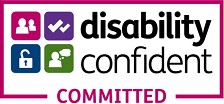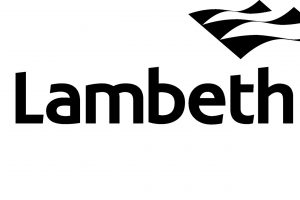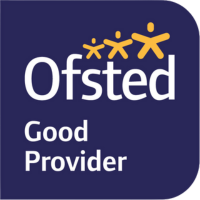A course which will enable students to build completed pieces of music through a mixture of taught techniques and utilisation of students' own musical ideas. Students will be given frameworks in which to write pieces and there will be continuous tutor feedback and class discussion of the works as they build up. Performances of pieces will happen in class, or with Morley groups that composers write for.
Composition Workshop A
When & Where
-
16 September 2024 - 2 December 2024 ( 22 hours, 11 weeks )
- Afternoon, Monday
-
View course timetable
-
Waterloo Centre
Quick Facts
- Availability Yes
- Course Code W24CCLI01A
- Suitable For 19 year olds and up are permitted on this course
What you will learn
Learning Outcomes
By the end of this course, you will be able to:
- Understand the fundamental parameters of writing a work for yourself to perform
- Understand some special techniques and considerations in vocal and keyboard writing
- Analyse existing pieces of musical repetoire for mixed forces
- Write to different briefs including a short choral work and piano pieces
- Write a piece to be performed by fellow students in class.
Cost
Class format and activities
Classes will mix the analysis of set material with the development of student pieces, in a roughly 30/70 ratio. Students will be guided on the rhythmic, melodic, harmonic, aesthetic and formal aspects of their work in order to produce pieces suitable for performance. Repertoire this term includes Good Day Good Day Bad Day Bad Day by Oliver Leith. This term will be focused on producing work ready for performance at a Lunchtime concert in January. Other opportunities include writing for Morley's Meridian Choir.
Entry requirements
This is a course for people who have or aim to have an independent composition practice. You will need to produce musical ideas which can be shared with the class and developed. A solid theoretical background (ABRSM 6+ or equivalent) and fluent reading and writing of standard music notation are useful but not essential. Experience with music and sound software (Sibelius, Logic, Max MSP, Audacity) is useful but not essential. The ability to contribute to musical performances (even rudimentary ones) is strongly encouraged.
What you need to know before you enrol
Time will need to be spent out of class in inventing and developing musical ideas to make pieces. You will need to follow and contribute to discussions in English. Music Study can include the use of digital resources such as listening to recordings, watching videos online, using appropriate mobile applications and following Teams -Morley's virtual learning environment - to enhance your learning inside and outside the classroom. Music study also offers a range of benefits including being an enjoyable way to enhance wellbeing. Music practice at Morley can also serve to enhance skills relevant for employment including developing creativity, developing high-concentration levels, building self-confidence, working to deadlines, being able to control nerves and working as part of a team. Achievement on your course will be measured by whether you meet the stated learning outcomes. At the start of the course you will have an opportunity to discuss these with your tutor and set your own personal targets, linked to the learning outcomes and future goals. Excellent attendance and punctuality is required from all students. This course requires study/completion of activities outside of class time.
What you need
Notebook, manuscript paper, data stick.









